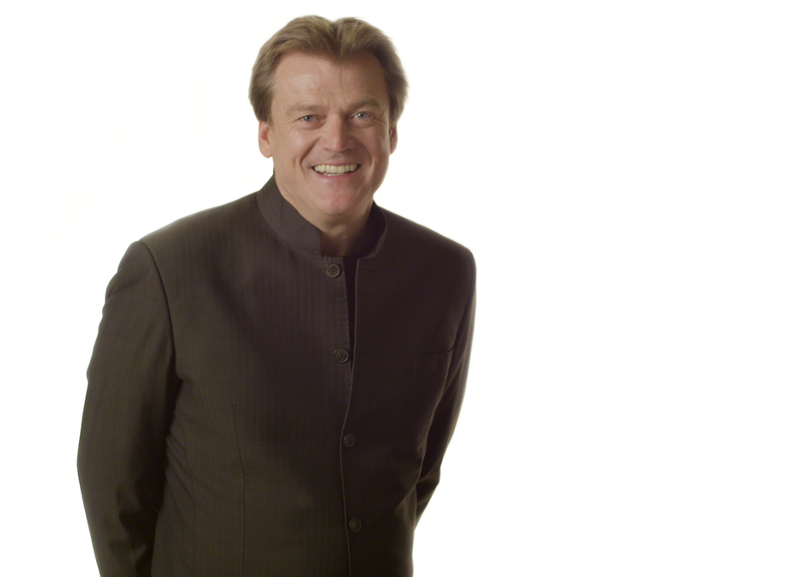Patrick Byrne is known as two things: innovator, survivor.
Over the course of his life, Byrne has beaten cancer three times, hepatitis twice, and endured over 100 surgeries and medical procedures. From this, he draws inspiration.
“Life is short,” said Byrne in a recent interview with Silicon Slopes. “Samuel Johnson says, ‘When you tell a man he’s to be hung in a fortnight, it tends to focus his mind tremendously.’ Well I’ve been very focused on getting some things done and it has lasted about 30 years. It’s probably the best thing that ever happened to me. If I hadn’t gotten cancer I probably would’ve been a lifeguard somewhere and not nearly as driven.”
Alongside this constant battle, Byrne has grown into one of Utah’s most notable innovators. In 1999, he launched Overstock.com to corner an emerging market: discount goods sold via the internet.
“When we started, there was a quarter of retail that had not made it to the internet yet and it was the liquidation part,” said Byrne. “The American retail supply chain is all about mass quantities, similar goods, small number of suppliers, and everything is optimized around that. Goods become available in close out, or excess orders, or bankruptcies, or cancelled orders, where there is just dribs and drabs of different goods…The idea was, bring that online.”
Overstock caught on quickly by bringing these liquidated goods online, turning public in 2002. As time has gone on, Overstock has shifted their approach to incorporate more drop shipping, where goods are bought on Overstock and shipped direct from a supplier’s warehouse — accounting for 94% of sales, according to Byrne’s estimates.
![]()
Byrne was recognized as the EY National Entrepreneur of the Year in 2011 and by 2016, Overstock was generating $1.8 billion in revenue. At the same time, Overstock unveiled new corporate headquarters in Midvale dubbed the Peace Coliseum, home to 1,500 employees and a campus created for innovation.
“I wanted to build a place that would be a great technology hub, great for innovation,” said Byrne. “Things get done in tech in collaborative environments, where people are collaborating on projects together. That’s how this place was designed — the campus feel, a nucleus in the middle that we could all meet in, greenhouses, healthy food, healthy environment, great public transportation, and housing nearby.”
Byrne has also been a vocal advocate for cryptocurrency. Overstock became the first major retailer to accept bitcoin in 2014 and shortly thereafter, Byrne launched Medici Ventures as a way of encouraging growth and transparency in blockchain technology.
“I think it (blockchain) is going to be bigger than the internet itself,” said Byrne. “The internet was disruptive to basically one industry — publishing. Block chain is disruptive to 100 industries…Medici is something of a VC/incubator/accelerator. Three years ago, the vision was to get a critical mass of these developers and this tech talent going. That turns out to be the real critical path for people trying to get into this. So not only do we have investment opportunities come to us, we can make investments in companies and then send them tech resources — a lot of these startups don’t have the tech resources and we do. Some of these startups, we’ve got to send people to teach them HR, people to teach them law, people to teach them how to organize, all kinds of real basic things for a company. So having the resources, Overstock behind us, is a real advantage.”
On November 10, Byrne will be inducted into the Utah Technology Council Hall of Fame alongside Pluralsight CEO Aaron Skonnard and REES Capital Managing Partner Amy Rees Anderson. He will be recognized as one of Utah’s brightest minds, joining a small, select group of our state’s finest entrepreneurs: Patrick Byrne, innovator, survivor.
“A single idea from Patrick can change the entire direction of an industry,” said John Knotwell, President and CEO, Utah Technology Council. “We see his ingenuity in Overstock.com, blockchain and bitcoin, and most recently in augmented reality. His enduring commitment to the state and the tech community has transformed Utah.”
“What I am trying to do is build an institution that lasts without me,” said Byrne. “Maybe I pack up my backpack and go walk about at some point — which was always my life dream. And it just carries on without me.”


